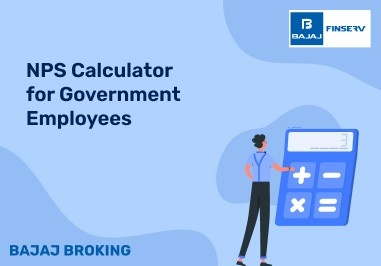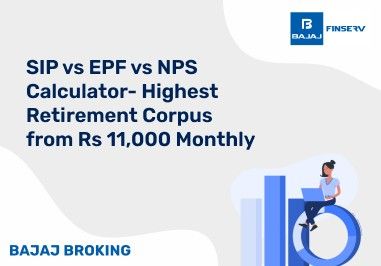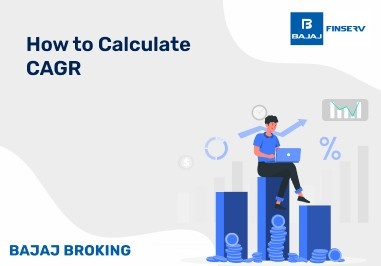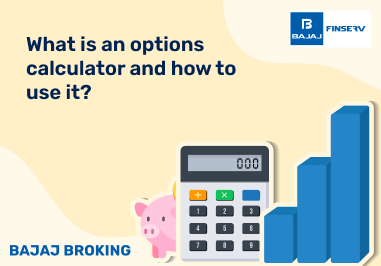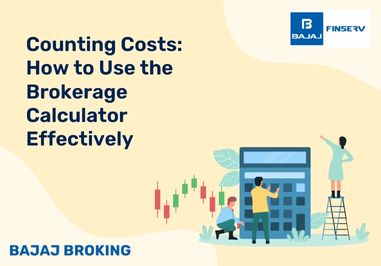Enhancing financial management abilities marks a groundbreaking stride towards fiscal empowerment and steadiness. This endeavour encompasses a holistic method involving budgeting, saving, investing, and making astute financial choices to meet your monetary goals. It transcends basic money handling, focusing on comprehending the intricate structure of your financial realm to secure stability, resilience, and liberation from fiscal constraints. This expedition necessitates dedication, continuous education, and adaptability amid evolving economic terrains. Proficiency in financial management empowers you to sculpt your fiscal trajectory, enabling efficient resource utilization, wealth accumulation, and the construction of a robust foundation for a thriving future.
What Is A Brokerage Charges Calculator?
A brokerage calculator serves traders and investors by approximating the expenses linked to trading diverse financial assets like stocks, commodities, or derivatives via a specific brokerage platform. It computes various fees involved in a transaction, encompassing brokerage charges, taxes, transaction fees, stamp duty, and related costs. By entering trade specifics like trade type, quantity, price, and pertinent parameters, the calculator offers an assessment of potential expenses or profits from the trade. This aids in pre-evaluating costs, facilitating informed decision-making and a more transparent brokerage charges comparison, illuminating the trade’s financial impact.
Why Should You Use A Brokerage Calculator?
A brokerage calculator serves several purposes:
1. Cost Estimation:
Understanding the financial implications of trades is pivotal for effective financial planning. A brokerage calculator serves as a crucial tool for this purpose. It empowers traders and investors by providing insights into the costs associated with their transactions. By inputting trade specifics—such as trade quantity, price, and type—the calculator generates a breakdown of expenses. This breakdown encompasses brokerage charges, taxes, transaction fees, and other relevant costs. This estimation is instrumental in financial planning, allowing individuals to anticipate expenses accurately. It helps traders align their trades within predefined budgets and avoid unplanned financial burdens. Moreover, the ability to assess how varying trade quantities or values affect overall costs assists in strategic decision-making, enabling trades that align with one’s financial objectives.
2. Trade Optimization:
A brokerage calculator facilitates trade optimization by enabling comparative analyses between different brokers or trading strategies based on associated costs. This tool allows traders to input different scenarios and evaluate the total expenses for each. By understanding the fee structures and cost implications, traders can tailor their strategies to minimize expenses. This optimization doesn’t solely focus on cost reduction but also aims to maximize potential profits. It empowers traders to make informed decisions on the most cost-efficient options available, aligning their trades with optimal financial outcomes.
3. Transparency:
Transparency in trading expenses is critical for making informed decisions. The brokerage calculator furnishes an extensive breakdown of expenses, delivering transparency regarding trade costs. This clarity guarantees the absence of concealed fees or unforeseen charges, enabling traders to engage in trades comprehending the expenses involved. This transparency diminishes uncertainties and cultivates assurance in decision-making procedures.
Additional Read:Brokerage Calculator Comparison
4. Profit Evaluation:
Accurate evaluation of potential profits or losses holds critical importance in trading. A brokerage calculator considers all trade-related costs, assisting in computing net gains. This assessment grants traders a more distinct insight into the financial impacts of their trades, enabling comprehension of risk-reward ratios across various trade scenarios. It fosters informed decision-making and strengthens overall risk management strategies.
5. Educational Tool:
Beyond mere cost estimation, a brokerage calculator serves as an educational resource. It helps traders understand how various trade parameters impact the overall cost structure. By providing insights into the financial implications of different variables, it educates traders on the complexities of trading costs, enabling them to make more informed decisions. This knowledge equips traders with the tools necessary to navigate financial markets more effectively and strategically.
6. Risk Mitigation:
Gaining insights into trade costs via a brokerage calculator plays a pivotal role in refining risk management approaches. Traders may obtain a full perspective of their trade’s entire expenses by taking into account aspects such as taxes, brokerage fees, and associated charges. This in-depth understanding allows for a more exact assessment of prospective risks and rewards. Using this knowledge, traders may fine-tune trading settings or strategies to reduce risks while optimising possible rewards based on assessed expenses. This proactive risk management proves vital in navigating unpredictable market conditions and safeguarding capital.
7. Trade Efficiency and Speed:
Utilizing a brokerage calculator streamlines the trade planning process, enhancing overall trade efficiency. Through prompt cost and profit/loss calculations, traders gain the ability to make expedited and assured decisions. This agility is particularly advantageous in swiftly changing markets where timely decision-making is paramount. The calculator’s instant provision of financial insights across diverse trade scenarios empowers traders to efficiently adjust and execute trades. This enables seizing opportunities promptly while retaining a comprehensive grasp of the related costs, facilitating agile adaptation in fast-paced environments. This expeditious approach enhances overall trade execution and response time in dynamic market environments.
A brokerage calculator is an indispensable tool that not only estimates the lowest brokerage charges but also empowers traders and investors with invaluable insights. It assists in planning, optimizing, and evaluating trades while serving as an educational resource for enhancing financial acumen in the complex world of trading.
Disclaimer: Investments in the securities market are subject to market risk, read all related documents carefully before investing. This content is for educational purposes only.


